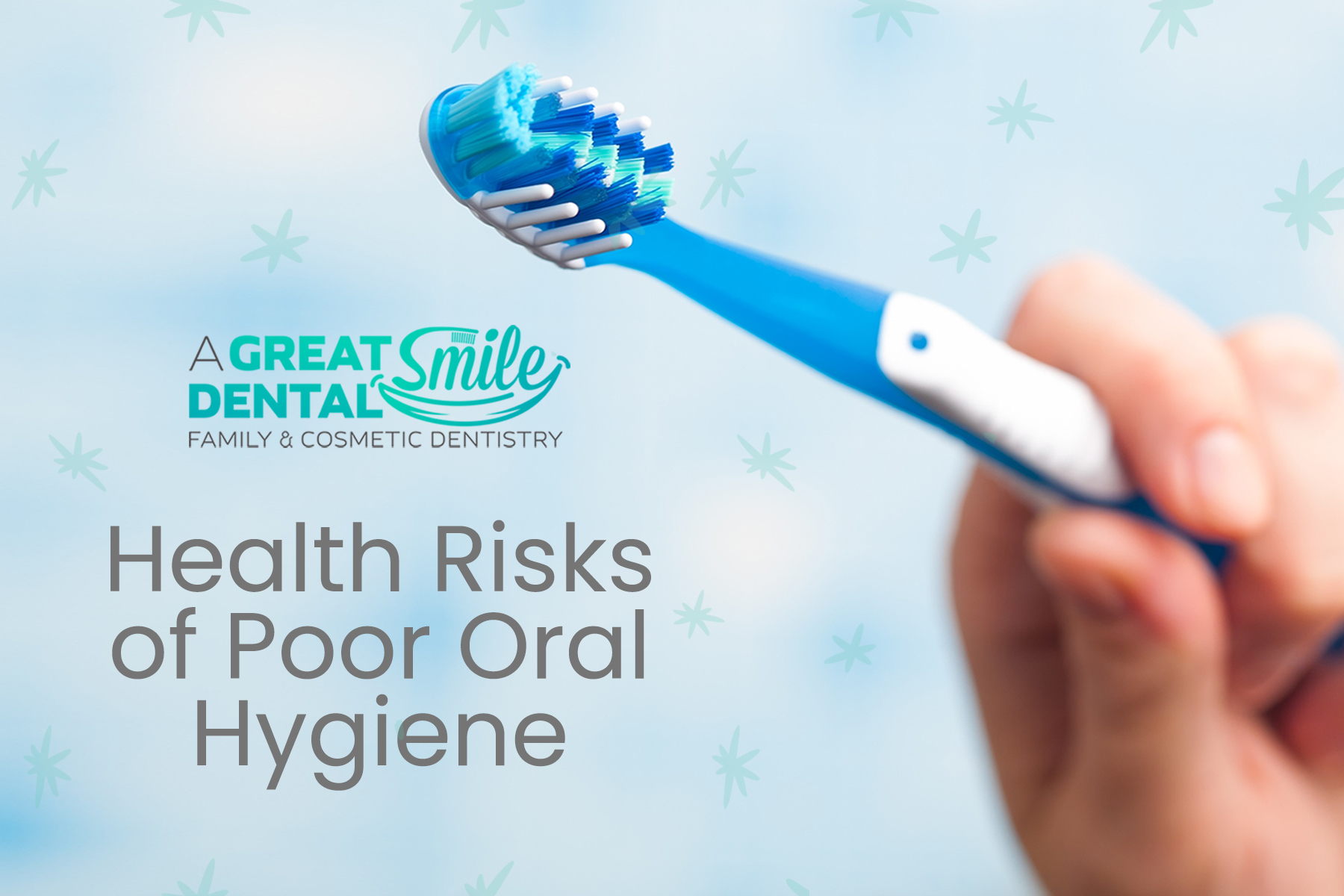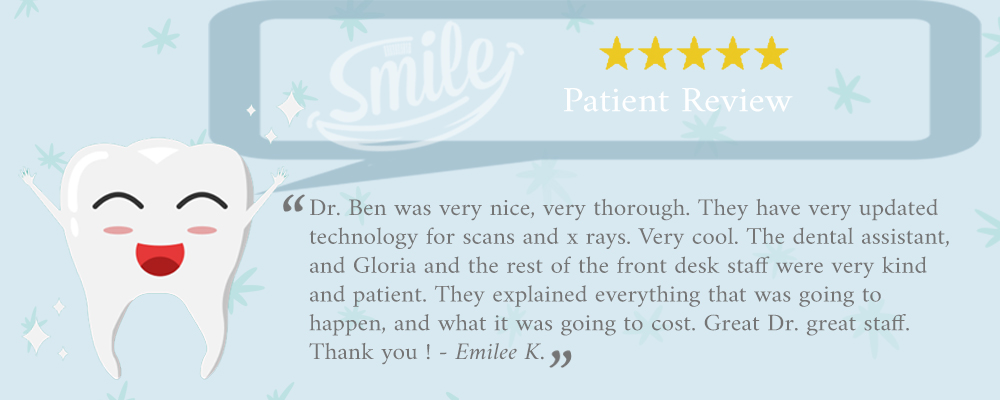Why Caring for Your Teeth Matters More Than You Think
Most people understand that brushing and flossing are essential for a bright, healthy smile. But what many don’t realize is that poor oral hygiene can have far-reaching effects beyond the mouth. When harmful bacteria from the mouth enter the bloodstream, they can contribute to serious health conditions throughout the body—not just cavities or gum disease.
The good news is that many of these health issues are preventable with consistent oral care, especially when started at a young age. Early habits like brushing twice a day, flossing, and regular dental check-ups can make a lifelong difference.
How Does Poor Oral Health Affect the Rest of the Body?
Research shows that inadequate oral hygiene is linked to a variety of systemic diseases. While it might seem surprising, long-term neglect of your teeth and gums can lead to chronic inflammation and bacterial infections that impact overall health. Here are some of the conditions associated with poor dental hygiene—and tips for how to reduce your risk.
Cardiovascular Disease
Neglecting oral hygiene doesn’t just affect your mouth—it can also put your heart at risk. Harmful bacteria from the mouth can enter the bloodstream, leading to inflammation and infections such as endocarditis, a serious condition where the inner lining of the heart becomes infected. Research has also found a strong connection between gum disease and heart health, with studies showing that individuals with gum disease may be twice as likely to suffer a stroke.
Diabetes
There is a two-way relationship between diabetes and poor oral health. Gum disease caused by inadequate brushing and flossing can raise blood sugar levels, increasing the risk of developing type 2 diabetes. For those already living with diabetes, gum disease can make it more difficult to manage blood sugar levels, potentially leading to further complications. Maintaining good oral hygiene is especially critical for people with diabetes to help stabilize their condition and protect overall health.
Pregnancy Complications and Infertility
Maintaining good oral hygiene is especially important during pregnancy. Research shows that pregnant women with periodontal (gum) disease are up to six times more likely to deliver prematurely or have babies with low birth weight. This is because oral bacteria can enter the bloodstream and reach the placenta and amniotic fluid, triggering inflammation that may lead to early labor.
Oral health may also affect fertility. In men, poor dental hygiene has been linked to decreased sperm count and reduced sperm quality, potentially making it harder to conceive. For women, chronic gum infections can cause systemic inflammation that may interfere with reproductive health.
Rheumatoid Arthritis and Osteoporosis
Oral bacteria don’t just stay in the mouth—they can contribute to systemic inflammation that affects joints and bones. Studies have shown a link between gum disease and rheumatoid arthritis, an autoimmune condition marked by painful joint inflammation. Additionally, chronic periodontitis (severe gum disease) may contribute to bone density loss, increasing the risk of osteoporosis. Long-term gum infections can weaken not only the jawbone but potentially bones in other parts of the body as well.
Alzheimer’s Disease and Dementia
Emerging research suggests a strong connection between poor oral hygiene and cognitive decline. Certain harmful bacteria found in the mouth—particularly those associated with gum disease—can enter the bloodstream or travel along nerve pathways to the brain. Once there, they may contribute to the buildup of plaque in the brain, trigger inflammation, and ultimately lead to the destruction of brain cells. This process has been linked to an increased risk of Alzheimer’s disease and other forms of dementia, potentially accelerating memory loss and cognitive impairment.
Kidney Disease
Oral health also plays a significant role in kidney function. People with gum disease often have a weakened immune response, which can leave them more susceptible to infections—including those affecting the kidneys. Chronic inflammation caused by oral bacteria can strain the kidneys over time, increasing the risk of kidney disease or worsening existing conditions. Maintaining good dental care can help protect your immune system and support kidney health.
How Can I Prevent Health Issues Linked to Poor Oral Hygiene?
Poor dental hygiene doesn’t just lead to cavities—it can contribute to serious health problems like heart disease, diabetes, dementia, respiratory infections, and even certain types of cancer. The good news is that many of these conditions are preventable with proper oral care and regular dental check-ups.
By keeping your mouth healthy, you’re also helping to protect your entire body. Here are some essential habits to reduce your risk:
• Brush your teeth at least twice a day using fluoride toothpaste.
• Floss daily to remove plaque and food particles between teeth.
• Limit sugary snacks and drinks, which fuel harmful bacteria.
• Eat a balanced, nutrient-rich diet that supports gum and overall health.
• Avoid smoking and tobacco products, which increase your risk of gum disease and oral cancer.
• Use an antimicrobial or fluoride mouthwash to help reduce plaque and strengthen enamel.
• Visit your dentist every six months for teeth cleanings and checkups to catch any problems early.
Your Mouth Is a Window to Your Overall Health
Oral hygiene isn’t just about maintaining a nice smile—it’s about protecting your entire body from disease. Bacteria in the mouth can affect everything from your heart and kidneys to your memory and immune system. By prioritizing daily dental care and scheduling regular visits A Great Smile dentist, you can greatly reduce your risk of many serious health issues. A healthy mouth truly is a gateway to a healthier life.


